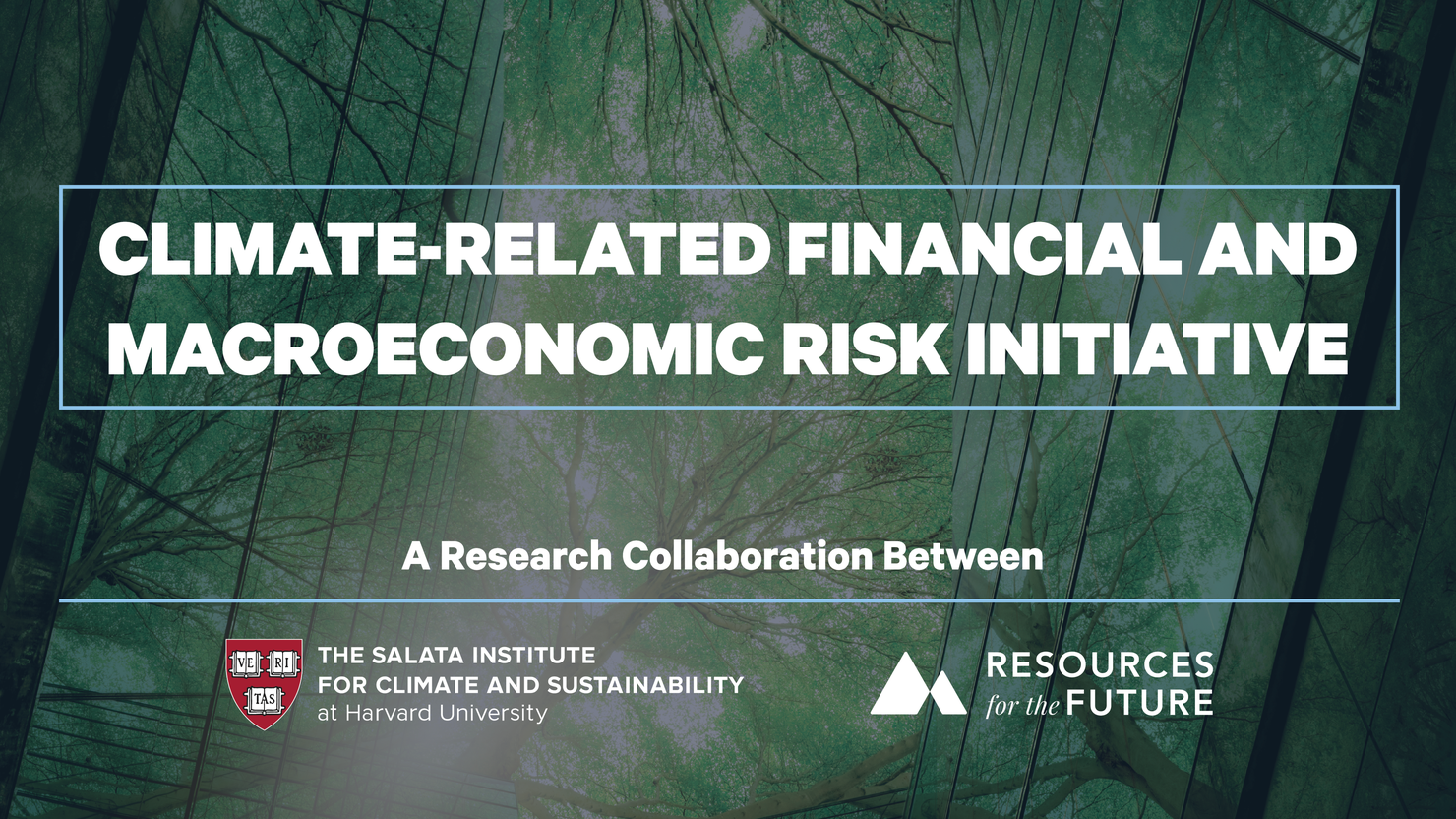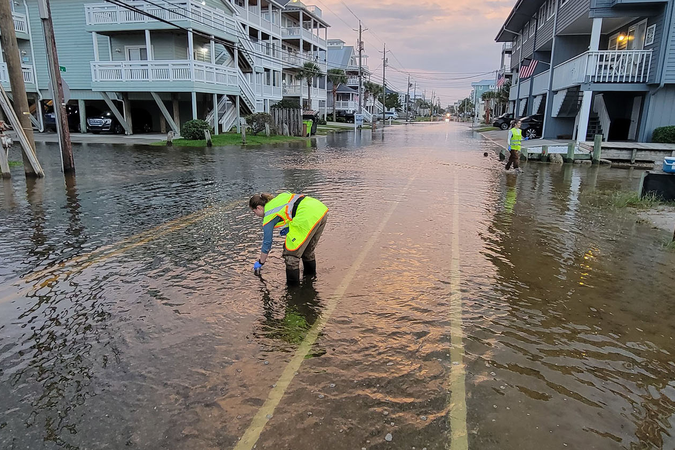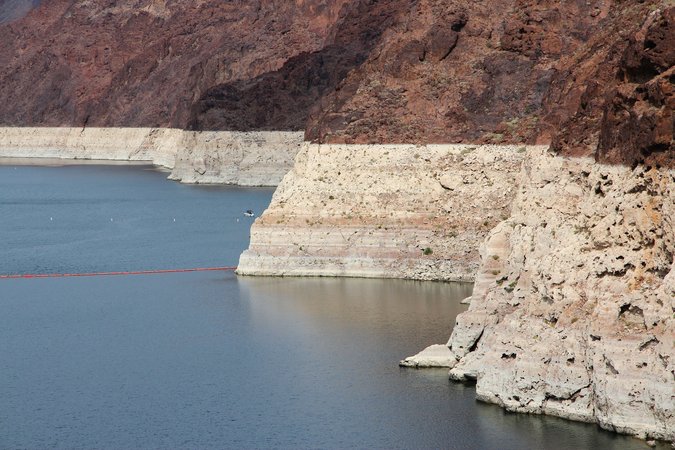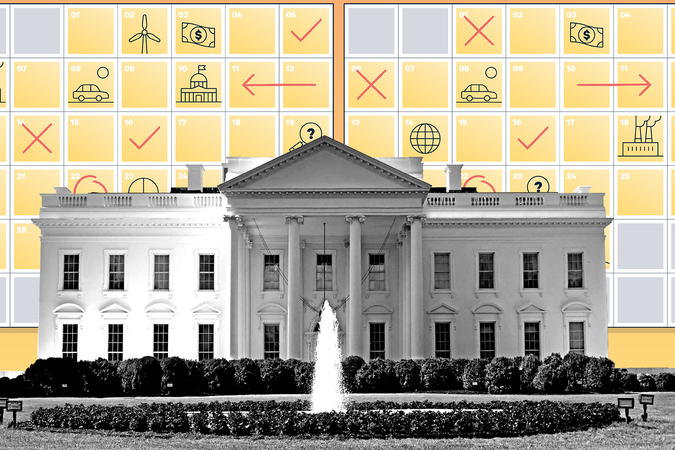Salata Institute and Resources for the Future Launch the Climate-related Financial and Macroeconomic Risk Initiative
A new research collaboration will deepen understanding of how climate change affects economic stability—and forge tools to address growing risks.

The Salata Institute for Climate and Sustainability at Harvard University and the Washington-based think tank Resources for the Future (RFF) today announced the Climate-related Financial and Macroeconomic Risk Initiative (CFMRI), a research collaboration dedicated to analyzing the risks that climate change poses to global financial and macroeconomic goals.
Climate-driven floods, fires, and storms are already eroding asset values, destabilizing insurance markets, and straining household finances, while the transition to low-carbon energy is reshaping industrial supply chains and geopolitical alliances. Yet the analytical tools that investors, regulators, central banks, and governments depend on were largely built for a 20th-century climate and a fossil fuel–dominated economy.
CFMRI will fill that gap by assembling a network of economists, finance scholars, private-sector stakeholders, and experienced policymakers with demonstrated interest in solving these challenges.
“Sound, evidence-based research is essential for safeguarding economic prosperity in the face of a warming planet,” said Janet Yellen, former US Secretary of the Treasury and a member of the Salata Institute Advisory Board. “This Salata-RFF Initiative will deliver the rigorous analysis that financial authorities, companies, and communities need to manage climate-related macroeconomic risks.”
The nonpartisan initiative includes experts from Harvard, New York University, Stanford University, the Massachusetts Institute of Technology, and other institutions who will explore how physical hazards and energy transition dynamics propagate through credit and insurance markets, amplify macroeconomic volatility, and interact with fiscal and monetary policy.
“Climate change is no longer a distant environmental issue—it is a present financial and macroeconomic concern,” said Jim Stock, director of the Salata Institute and Harvard’s Vice Provost for Climate and Sustainability. “By convening this extraordinary combination of scholars and practitioners, we aim to bridge the gap between academic insight and real-world decisionmaking.”
Billy Pizer, RFF’s President and CEO, agreed. “This hub will be a crucial space for experts to coordinate and develop research that speaks to the challenges faced by stakeholders and policymakers. So much is connected to the financial system, and there is a real need for this kind of initiative. We’re glad to collaborate with the Salata Institute to make CFMRI a reality.”
Initial members of the CFMRI Advisory Committee include:
- Kevin Stiroh, Director; Senior Fellow, RFF; former Executive Vice President, Federal Reserve Bank of New York; former Senior Advisor, Federal Reserve Board
- Robert Litterman, Committee Chair; former Chair, Commodity Futures Trading Commission; Climate-related Market Risk Subcommittee
- Deborah Lucas, Director, Massachusetts Institute of Technology Golub Center for Finance and Policy
- Monika Piazzesi, Stanford University; former President, American Finance Association
- Johannes Stroebel, New York University; recipient of the Fischer Black Prize for outstanding contributions to financial economics
Additional scholars and industry participants will be announced in the coming months.

About the Salata Institute for Climate and Sustainability at Harvard University: The Salata Institute mobilizes Harvard’s expertise and convening power to address climate change and sustainability challenges around the world. Through interdisciplinary research, teaching, and engagement, the Institute drives tangible progress toward a more resilient, equitable, and sustainable future.
Resources for the Future (RFF) is an independent, nonprofit research institution in Washington, DC. Its mission is to improve environmental, energy, and natural resource decisions through impartial economic research and policy engagement. RFF is committed to being the most widely trusted source of research insights and policy solutions leading to a healthy environment and a thriving economy.
Unless otherwise stated, the views expressed here are those of the individual authors and may differ from those of other RFF experts, its officers, or its directors. RFF does not take positions on specific legislative proposals.
For more information, please see our media resources page or contact Media Relations and Communications Manager Annie Tastet.




